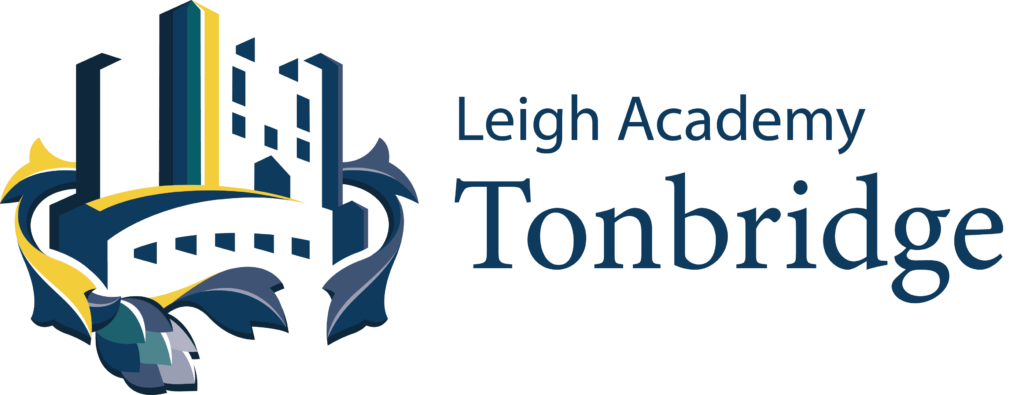Overview
The Mathematics Analysis and Interpretations course is an excellent opportunity for students looking to deepen their appreciation of maths and see how it links into the real world.
This course focuses on applying mathematical concepts to model situations used to solve problems around the world.
The Mathematical Exploration is a fantastic opportunity for students to not only learn the content taught, but to research a topic they find interesting. This assignment helps lay a baseline for students who are looking to go on to higher education at college or university, while also furthering their knowledge of how to find and use information effectively.
Subject Content
The syllabus is broken down into five broad areas plus time allocated for the Mathematical Exploration
- Number and Algebra (12%)
- Functions (18%)
- Geometry and Trigonometry (19%)
- Statistics and Probability (22%)
- Calculus (17%)
- Mathematical Exploration (12%)
How will I be assessed?
The course is assessed using a mixture of external and internal assessment:
External Assessment: (80% weighting)
There are three papers that will be sat at the end of the two years:
- Paper 1 (120 minutes) (30% Weighting): Technology required. (110 marks) & Compulsory short-response questions based on the syllabus.
- Paper 2 (120 minutes) (30% Weighting): Technology required. (110 marks) & Compulsory extended-response questions based on the syllabus.
- Paper 3 (60 minutes) (20% Weighting): Technology required. (55 marks) & Two compulsory extended response problem-solving questions.
Internal Assessment (20% weighting)
This component is internally assessed by the teacher and externally moderated by the IB at the end of the course. Internal assessment in mathematics is an individual exploration. This is a piece of written work that involves investigating an area of mathematics. (20 marks)
Career opportunities and Future study
Some of the most interesting and well-paid careers revolve around Maths. Careers in finance, medicine, engineering, and business are all open to people with a background in Mathematics, as are careers in technology — maths being at the very core of all new technological developments.
Careers and higher education courses requiring mathematics include, but are not limited to:
- Finance
- Accounting
- Engineering
- Investment Banking
- Sustainability
- Planning
- Healthcare systems or coding
- Tourism industries
- Technology
- Social informatics

